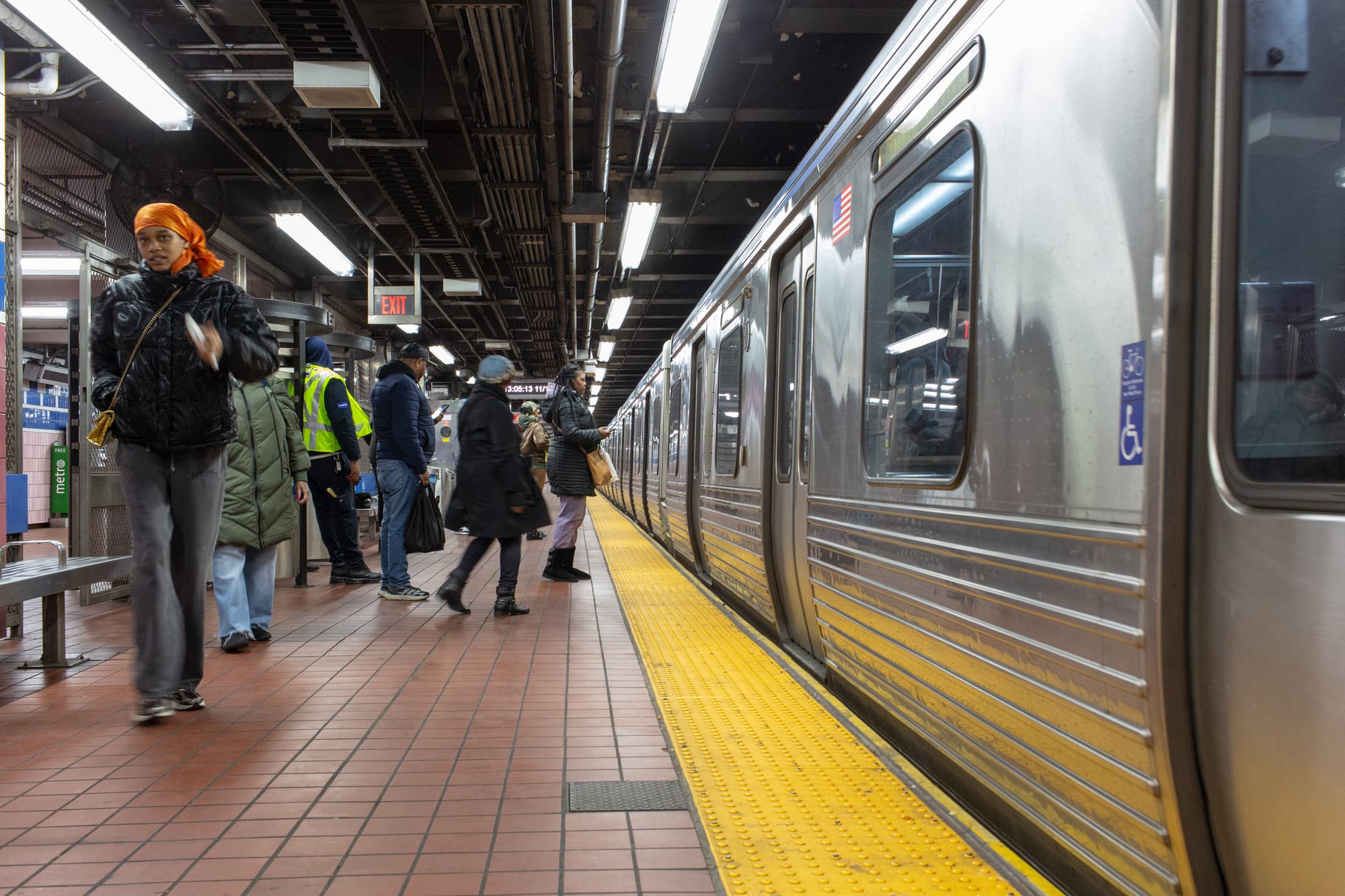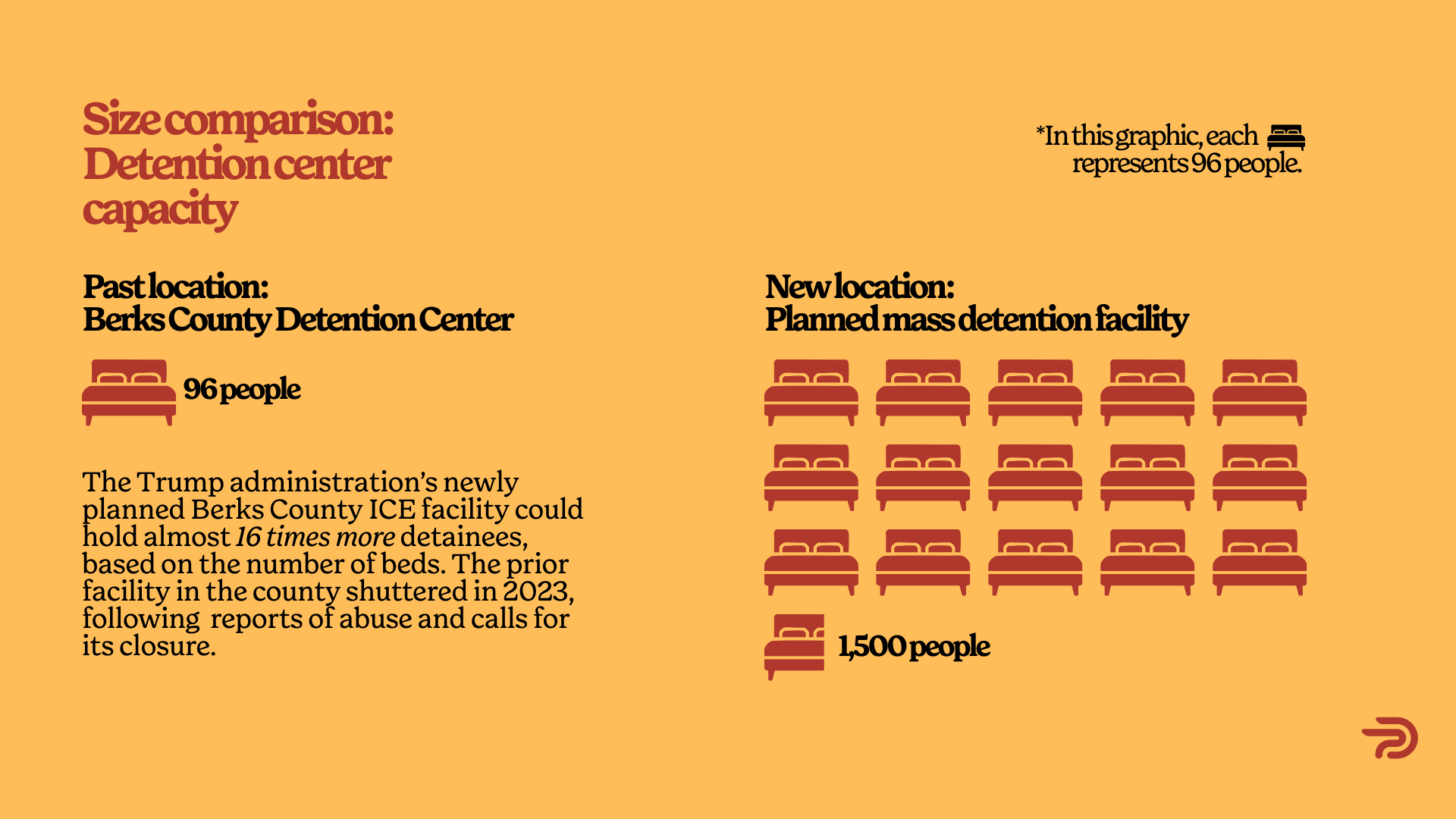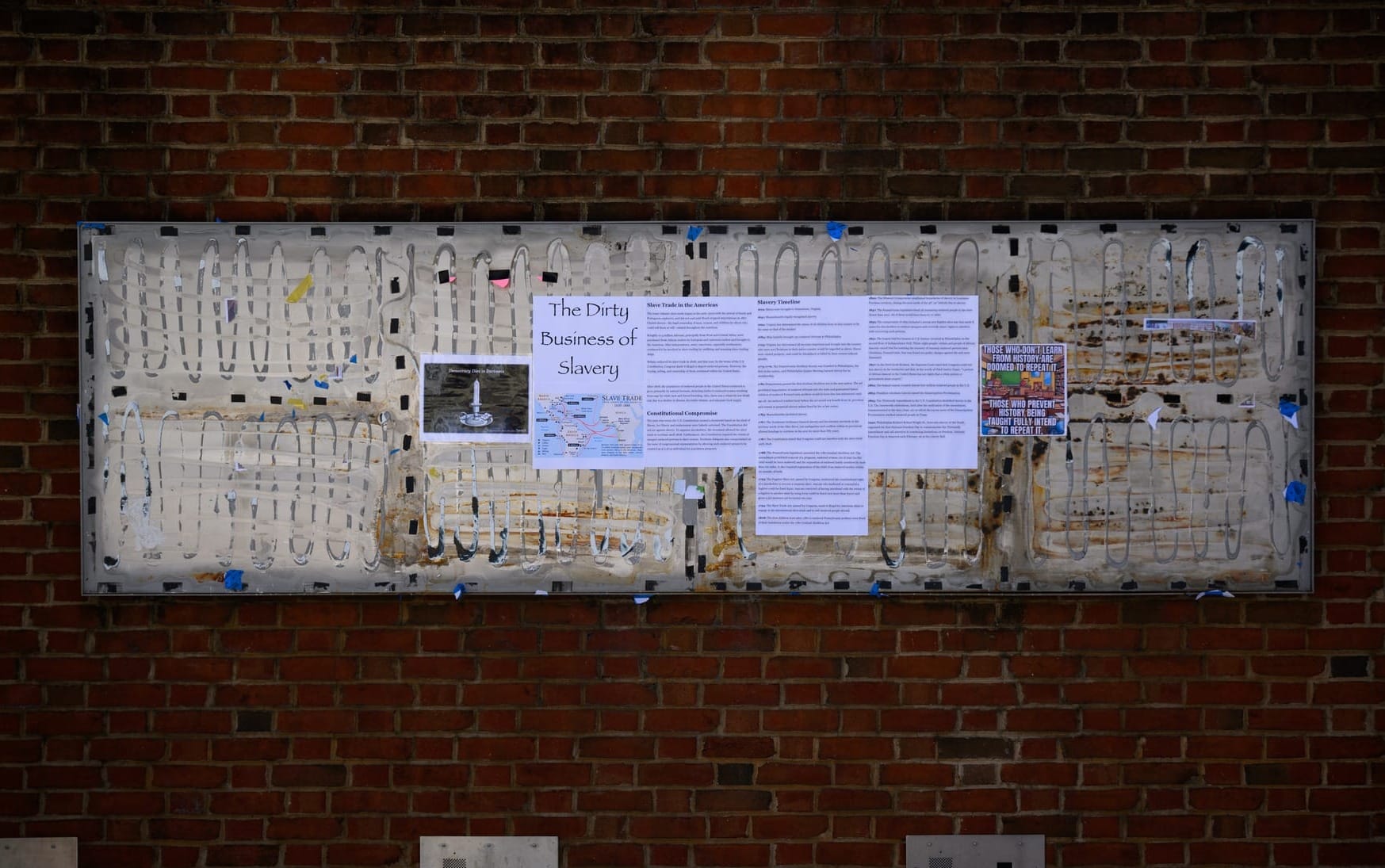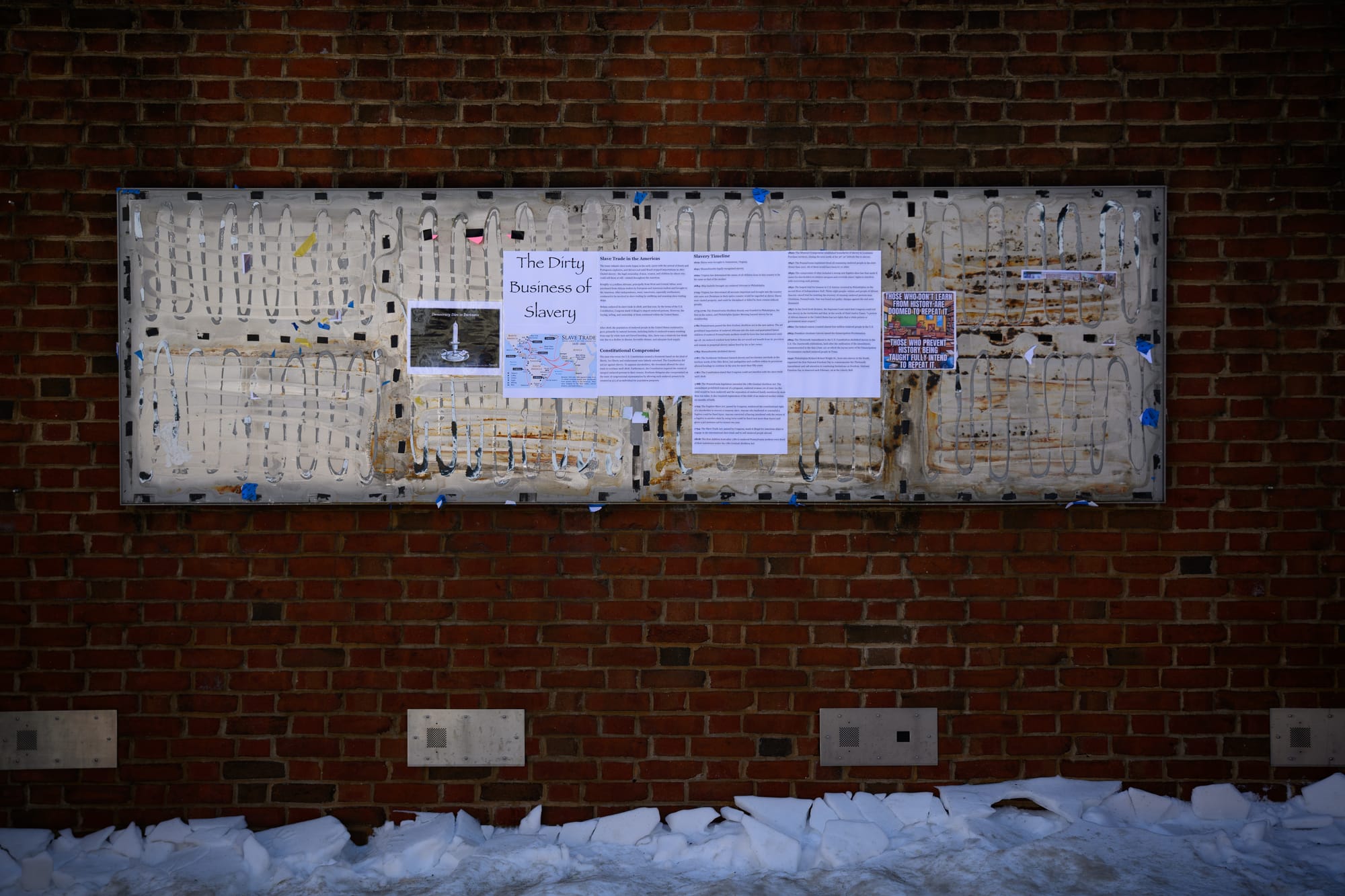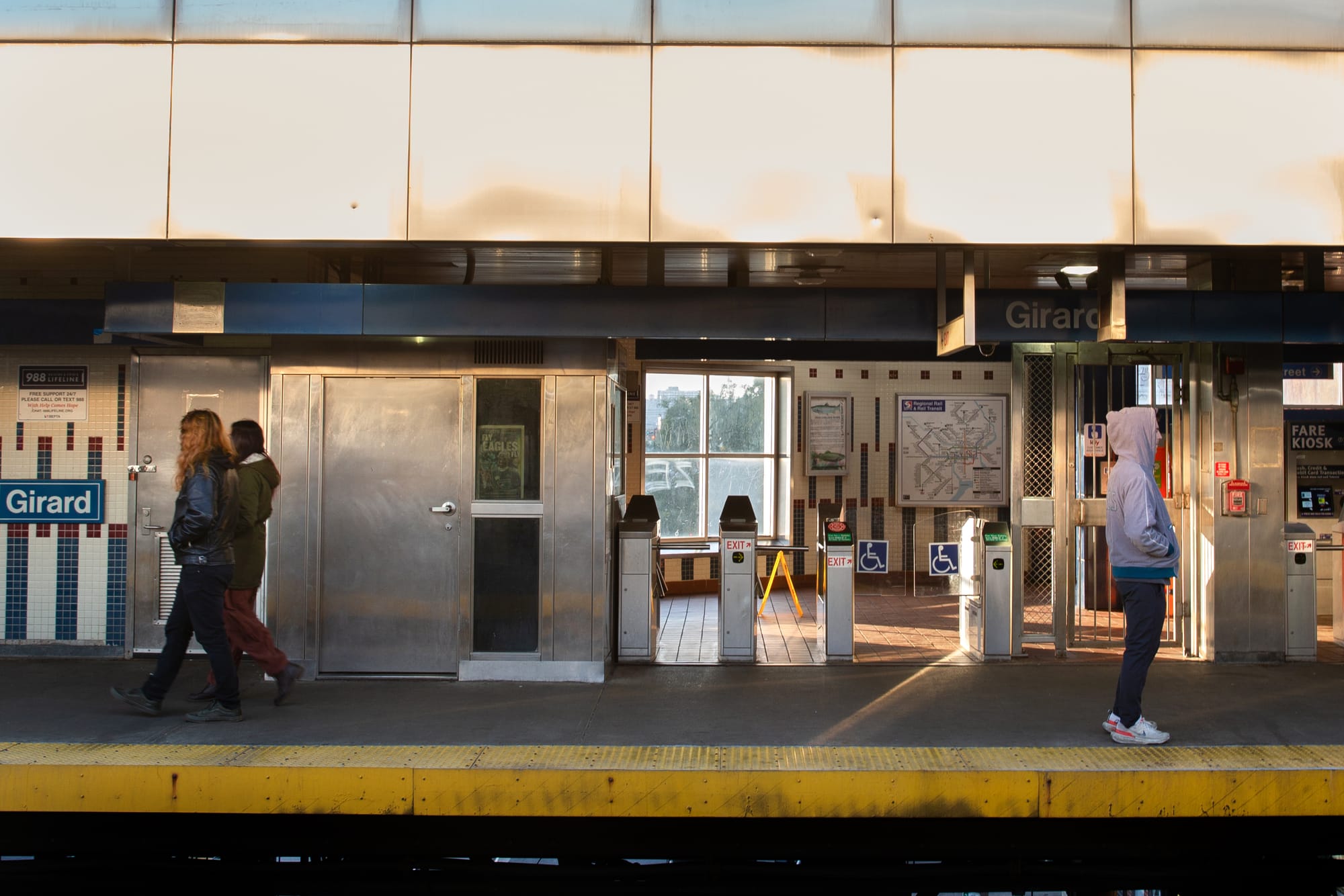How Project 2025 Could Impact Philadelphia
At this point in the election cycle, you've probably heard about Project 2025: the Republican vision for the future. This extensive document, over 900 pages, addresses topics such as education, housing, and public transportation and outlines the Republican plan for the future.
At this point in the election cycle, you've probably heard about Project 2025: the Republican vision for the future. This extensive document, over 900 pages, addresses topics such as education, housing, and public transportation and outlines the Republican plan for the future.
I first came across Project 2025 earlier this year and was curious about where this policy platform existed in the context of other Republican election plans. While this plan for the future has garnered significant attention, it's essential to recognize that similar documents have been produced in the past. In 1973, Richard Nixon presented a policy vision for the nation after his election victory. Additionally, in 1981, the Heritage Foundation, the organization behind Project 2025, also developed a similar document in response to the election that year.
However, Project 2025 sets itself apart from its predecessors due to the excruciating level of detail it provides. Although the Heritage document does not explicitly mention the city of Philadelphia, the policy proposal stresses the importance of ensuring the outlined proposals are implemented in cities across the country. Project 2025 pushes significant changes in education, housing, and voting rights – policy areas that will undoubtedly have a profound impact on Philadelphia.
Education
Chapter 11 of Project 2025 calls for the elimination of the federal Department of Education. This proposal represents a radical departure from decades of centralized educational policy and could have far-reaching consequences for Philadelphia's schools.
For Philadelphia, a city grappling with educational challenges including underfunded schools and achievement gaps, the implications could be significant. Without federal oversight and support, the city might face increased pressure to find alternative funding sources or risk further deterioration of its public education system.
Moreover, Project 2025 advocates for expanded school choice programs, including vouchers and charter schools. The data on voucher and charter schools paint a bleak picture. For example in Florida, 70% of voucher recipients were already in private schools and some families used the tax dollars to buy big screen TVs and trips to Disney World. Moreover, research has demonstrated that students who used vouchers to enroll in private schools performed, on average, worse than the students in the public schools they left
Housing
The housing proposals in Project 2025 could dramatically reshape Philadelphia's approach to affordable housing and urban development. The document calls for significant cuts to federal housing assistance programs and a shift towards market-based solutions.
For Philadelphia, a city where 25% of residents live below the poverty line and affordable housing is already scarce, these changes could exacerbate existing housing crises. The proposed reduction in Section 8 vouchers and public housing funding could leave many low-income Philadelphians struggling to find stable housing.
Voting Rights
Perhaps one of the most controversial aspects of Project 2025 is its approach to voting rights. The document calls for stricter voter ID laws, reduced early voting periods, and limitations on mail-in voting – all of which could significantly impact Philadelphia's election processes.
Philadelphia, with its diverse population and history of high voter turnout in recent elections, could see substantial changes in how its citizens participate in democracy. Stricter ID requirements might pose challenges for low-income residents, students, and elderly voters who may lack the necessary documentation.
The proposed restrictions on early voting and mail-in ballots, if implemented, could also affect voter turnout, particularly in a city where many residents juggle multiple jobs or face transportation challenges. These changes might necessitate a complete overhaul of Philadelphia's election infrastructure and voter outreach efforts.
While Project 2025 remains a vision rather than an enacted policy, its potential impact on Philadelphia and other major cities cannot be ignored. From education and housing to transportation and voting rights, the proposed changes could reshape the fabric of Philadelphia as we know it. As we approach the next election cycle, it's crucial for Philadelphians to engage with these ideas critically. We must come to the terms with the potential impacts of these detrimental and damaging ideals.

